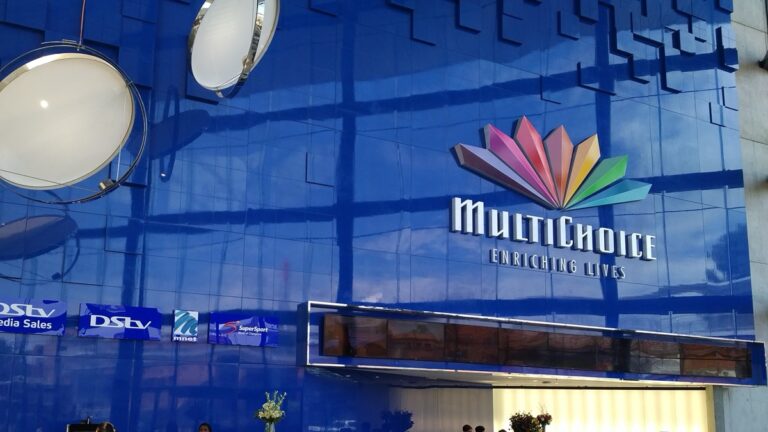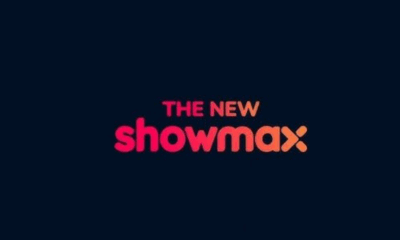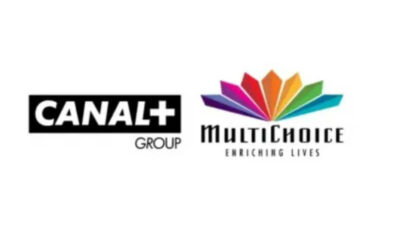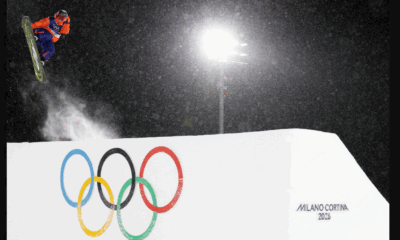In the world of South African tech, few apps have carved out a space as vital as Namola. For years, its distinctive red panic button has been a digital lifeline for over half a million users. But recently, a significant change happened behind the scenes, so quietly that most users are only now noticing.
MultiChoice, the parent company of DStv, has confirmed it sold the Namola app to emergency service provider Aura earlier this year. The news trickled out not through a press release, but through a quiet notification to DStv subscribers: the convenience of bundling their Namola Plus subscription with their DStv bill is being phased out.
A Strategic Pivot Away from Safety
For MultiChoice, the sale marks a strategic retreat from a venture outside its core entertainment business. When it acquired Namola in 2022, it was part of a broader vision to build an “ecosystem” for its customers, offering services beyond just television.
That vision has now shifted. In a statement, MultiChoice said the decision to sell “aligns with our ongoing strategy to focus on core priorities while ensuring that Namola is in the hands of an organisation that can continue to grow and innovate in this space.”
While the company insists the sale is unrelated to its recent takeover by French media giant Canal+which has publicly advocated for a tighter focus on entertainmentthe move certainly aligns with the new owner’s philosophy.
A Logical Home with Aura
If MultiChoice was the wrong home for Namola, Aura is arguably the perfect one. Unlike MultiChoice, Aura’s entire business is built around emergency response. It provides the critical backend technology that connects panic buttons from various providersincluding services from FNB, Outsurance, and the Gauteng governmentto private security and emergency services.
By acquiring Namola, Aura isn’t just buying a popular brand; it’s acquiring a direct line to half a million users. This allows it to generate revenue directly from consumers, rather than solely through behind-the-scenes API fees from its partners.
The End of a Discount, Not a Service
For current Namola users, the practical change is minimal but notable. The ability to get a discount and have the R49 monthly fee conveniently added to a DStv bill will end in February 2026. After that, users will need to update their payment method directly within the Namola app to maintain their Plus subscription.
The sale was so discreet it wasn’t even mentioned in MultiChoice’s annual financial results, suggesting the transaction value was relatively small for the broadcasting giant. For MultiChoice, it was an experiment that didn’t fit the new corporate strategy. For Aura, it’s a strategic acquisition that solidifies its footprint in the South African safety landscape. And for users, the familiar red button remains, even if the company behind it has quietly changed hands.


























